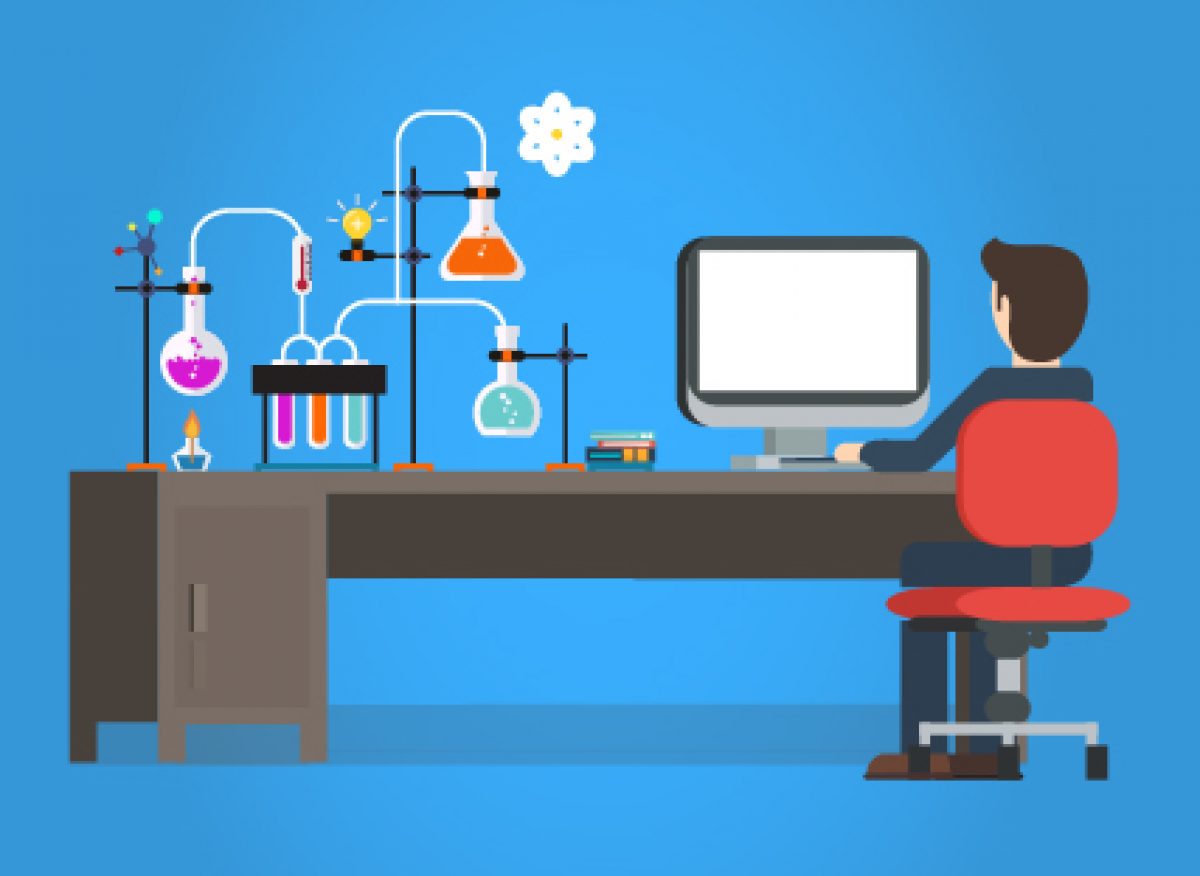Pharma business has to find ways to differentiate itself from other industries due to the current health crisis, increasing competition, rising consumer demand, and the complexity of manufacturing processes. A centralized management system, cloud-based analytics, streamlined workflows, and improved decision-making are all crucial components for any industry. And that is why pharmaceutical ERP software is the best choice to address these important components. Read on for details—
Using ERP software in the pharma industry—
Each industry has its own requirements and reasons for implementing an ERP system. This is the case for the pharmaceutical industry as well. The pharma industry has seen a dramatic shift over the past few years. Everyone has been under constant pressure due to price wars and strict production regulations. It will be easier for those who work in pharma manufacturing to understand this. The customers are well-informed, and there is a watchdog that pharma companies must be cautious of. Consumers are increasingly choosing high-quality healthcare products available at low prices. These issues are addressed by the pharma distributors as well as manufacturers. They optimize efficiency, reduce costs, and streamline operations. It is extremely important for the Pharma industry to maintain high-quality standards and precise regulatory compliance throughout all processes.
Your business can automate, integrate and consolidate key operations with pharmaceutical ERP software. Key operations can be tracked with it, including intellectual property, expiry management, and quality control. You can also track finance and costs, regulatory compliance, formulation, and inventory. Here are some reasons why an ERP system seamlessly connects and syncs multiple operations within the pharma industry:
Management of ingredients and inventory—
ERP for the pharmaceutical industry consists of modules that allow inventory managers to control pilferage and monitor inventory levels. The production ingredients are also managed in real-time. You can also use auto stock replenishment, inventory reconciliation, material usage monitoring, and other options.
- Management of recipes—
Recipe management is an important aspect of pharmaceutical manufacturing. Price wars can often be triggered between rivals in this highly competitive market. To control the cost and effectiveness of the drug, it is crucial to formulate the ingredients properly. An ERP software for pharma can be used to securely store important drug recipes.
- Management of distribution—
One of the most important functions in the pharmaceutical industry is lot-wise and batch-wise tracking. Imagine being forced to replace entire batches of medicines because of a regulatory crisis. What would you do? ERP gives you a dedicated module that monitors batches at each stage. You will always know what your product is, regardless of whether it’s at the requisition stage or sales at a retail location. It is a lifesaver.
- Regulatory compliance management—
The ERP cloud and on-premises systems are designed to help you manage comprehensive compliance in spite of the constant changes in regulatory regulations. It is specifically designed for the pharmaceutical industry and integrates regulatory requirements with formulation management to ensure full compliance. Document management is an essential part of statutory audits. For future audit checks and analysis, it is important to keep a record of all historical data and documents that are related to the processes. All information can be stored in one place and accessed remotely through the ERP system.
The functionality of an ERP system in the pharmaceutical manufacturing industry goes beyond the above-mentioned. The ERP systems will see a lot of updates in the future as machine learning and artificial intelligence become more mainstream in different industries. If you don’t want your company to be behind, give it a shot. An ERP for the pharmaceutical industry is a must-have for any business owner in this domain. It will allow your business to adapt to future changes in the industry.
Pharmaceutical ERP software also contributes to sustainability and eco-conscious practices by minimizing wastage and promoting efficient use of resources. With advanced analytics, companies can forecast demand accurately, reducing the need for excessive stockpiling and lowering the risk of expired inventory. This foresight is especially valuable in a field like pharmaceuticals, where regulations surrounding product disposal are stringent and costly.
Moreover, ERP systems aid in human resource management, which is essential in an industry where precision and expertise are paramount. By centralizing employee training records, skill assessments, and compliance documentation, an ERP ensures that all staff members are up-to-date on industry standards and best practices, fostering a culture of quality and accountability.
Integrating ERP software enhances scalability, making it easier for pharmaceutical companies to expand their operations geographically or in product range. The software’s robust reporting capabilities provide actionable insights, helping executives make strategic decisions supported by real-time data. This agility gives companies a competitive edge, allowing them to swiftly adapt to market demands and regulatory shifts.
In a rapidly evolving industry, pharmaceutical ERP software is more than an operational tool—it’s a strategic asset that can drive growth, ensure compliance, and maintain quality across every facet of the business. Investing in ERP is investing in a resilient, future-ready pharmaceutical enterprise.


